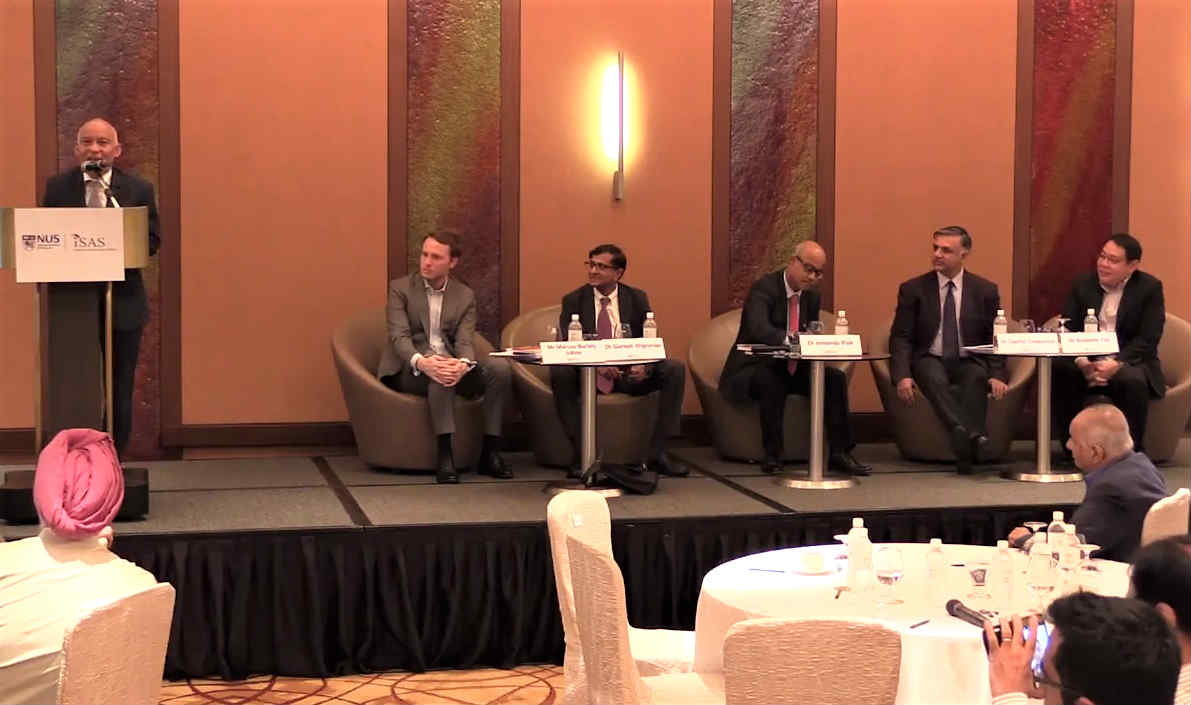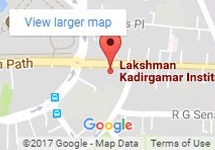
Reading Time: 2 min read
On 2 August 2017, Dr. Ganeshan Wignaraja, Chair of LKI’s Global Economy Programme, was an invited speaker at a public seminar on “Challenges to Economic Integration in Asia” organised by the Institute of South Asian Studies at the National University of Singapore (NUS).
The Institute of South Asian Studies (ISAS) is an autonomous research institute at NUS, dedicated to research on contemporary South Asia. The Institute seeks to promote understanding of this vital region and to communicate knowledge and insights about it to policymakers, the business community, academia, and civil society – in Singapore and beyond.
Dr. Wignaraja’s presentation focused on economic integration in Asia and Sri Lanka’s recent efforts at economic integration. His conclusions were:
- Developing Asia’s trade growth is picking up amid policy uncertainty;
- China’s moderating growth can boost market-led integration in Asia;
- The Regional Comprehensive Economic Partnership (RCEP) will eventually get done and Asia can gain;
- Sri Lanka is growing reasonably and intent on pursuing economic reforms;
- The national government’s implicit ‘Look East’ approach is attracting international attention with opportunities and challenges ahead; and
- Sri Lanka’s two key initiatives – the restructured Hambantota Port project and FTAs with Asian economies – are likely to increase Sri Lanka’s trade and investment links with East Asia.
Other eminent speakers on the panel included Dr. Sachin Chaturvedi, Director-General Research and Information Systems (RIS) India; Benjamin Yap, Group Director, International Operations – North and South Group, International Enterprise Singapore; and Dr. Marcus Bartley Johns, Senior Trade Specialist, World Bank. The seminar was moderated by Dr. Amitendu Palit, Senior Research Fellow and Research Lead of ISAS.
Around 100 researchers, diplomats, and private sector representatives attended the event. The presentations and discussions covered a wide range of issues such as the global trade slowdown, protectionism, China’s economic restructuring, India’s Look East Policy, the Singapore model of looking to both East and West, and development finance for economic integration in Asia.



